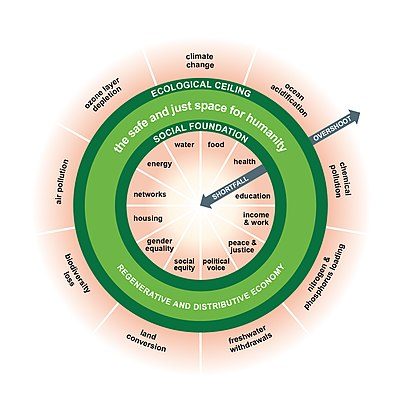Allocation Systems
Alternative allocation has always been a fascinating concept to me. The insight that resources can be allocated in different ways is central to the fundamental theme of economics: choice. I used to think that economic choice was equivalent to the concept of economic scarcity. However, discussing allocation systems made me realise that this may not be that obvious.










